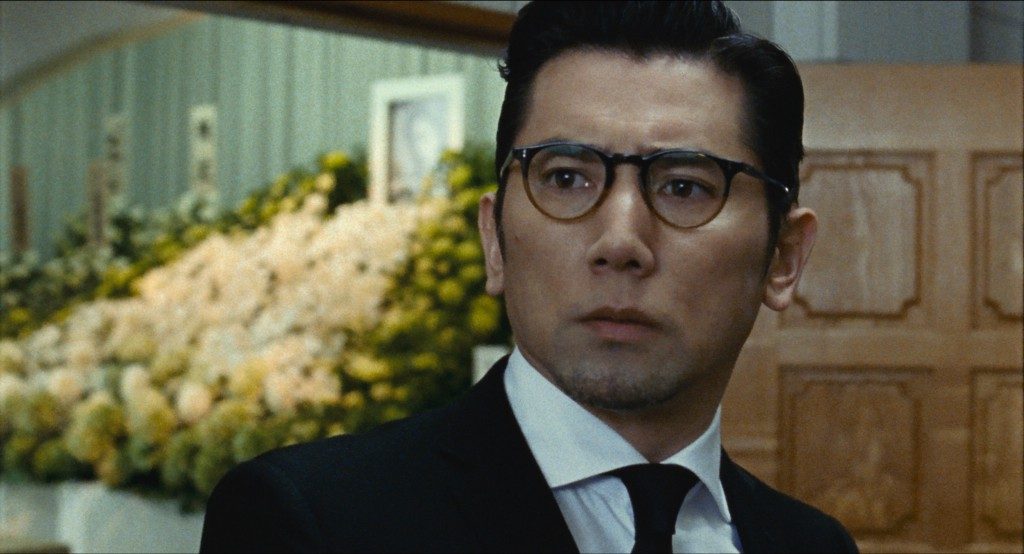Miwa Nishikawa debuted as a writer-director with “Wild Berries” in 2002, which among other awards took Best Screenplay at the 2004 Mainichi Film Concourse. Her second feature, “Sway” showed at the Cannes Film Festival Directors Fortnight and won the 2007 Blue Ribbon Award for Best Director. Her third film, “Dear Doctor,” won a Japanese Academy Award for Best Picture. Her fourth film, “Dreams For Sale”, premiered as a special presentation at the 2012 Toronto International Film Festival.
“The Long Excuse” will premiere at the 2016 Toronto International Film Festival on September 17. The film is based on Nishikawa’s award-winning novel of the same name.
W&H: What was the inspiration behind the original story, your novel? Were you always planning on developing that story into a film?
MN: The idea for the story came to me after seeing countless news reports of the Great East Japan Earthquake in 2011. I imagined that there must have been people who had bitter feelings towards the loss of family or friends, instead of the majority who felt great sadness.
In the past I had written a novel just for the sake of writing a novel that wasn’t made into a movie. But in this instance, I began writing a story specifically with the intention to make it into a movie.
W&H: Can you tell us how the project came together?
MN: A novel or book can be written basically without worrying about any limitations in time or budget. In addition, the story can be written for any kind of situation and in great detail. This makes for a very useful base for a movie script.
After writing the first draft of the book, I asked my producer to wait for me to write a treatment based on the book. I then took about a year to do additional research and get the novel published. Another year later, I turned that into a 20-page treatment and the producer liked it so he gave it a green light to be made into a film. The producer then used the treatment to gather financing and began the casting process while I focused on writing the script.
W&H: What was the casting process like?
MN: We made sure that we were able to cast Masahiro Motoki in the lead role, and then began auditions for the rest of the cast. I wanted to work with actors I hadn’t worked with in my previous films. There isn’t one actor in this film that I had worked with before.
Motoki-san is an actor I’ve always wanted to work with. His participation came about as a result of a recommendation from director Hirokazu Koreeda. He told me that Motoki-san would be perfect for the lead character in my story.
W&H: What was the biggest challenge in making the film?
MN: We had to shoot the film over a long period of time to depict the various seasons here in Japan. That was a difficult process. Also I used non-professional children in key roles.
W&H: What are you hoping that audiences will take away from seeing the film, in regards to perhaps a message or life lesson?
MN: To become more conscious of the importance of time that you spend interacting with cherished family, friends, or co-workers.







